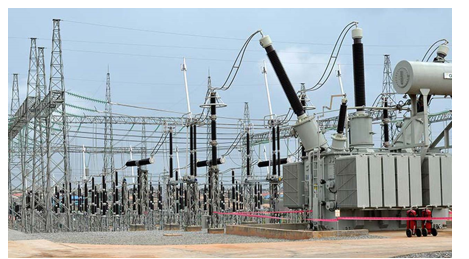INP-WealthPk
Amir Saeed

Privatization of distribution companies (Discos) has been a long-awaited move, but it seems to be in limbo. Despite potential benefits of privatization, including improved efficiency and increased investment, the process has failed to gain traction. Talking to WealthPK, Kaiser Bengali, a senior economist, said foreign investors were increasingly wary of investing in Pakistan due to various factors, including the country’s volatile political landscape, poor governance, and lack of transparency. The perceived risks outweigh the potential benefits, making it unattractive for foreign parties to invest in the distribution companies. He explained that the local parties, on the other hand, faced significant challenges in terms of mobilizing the required resources and expertise to take over and manage complex state-owned entities like Discos. They lack the necessary capital, technical know-how, and managerial capacity to run these entities efficiently, making it difficult for them to take over the DISCOs even if they were interested. He pointed out that the past privatization attempts had also yielded disappointing results, with many instances of mismanagement and asset stripping.
The negative outcomes of previous privatizations have further dampened the investor enthusiasm for Discos. Bengali suggested that it was essential to shift the focus towards improving the governance of public sector entities. Strengthening institutional frameworks, enhancing transparency and accountability, and building capacity would enable these entities to operate more efficiently and effectively, providing better services to the public and contributing to the country’s economic development. Speaking to WealthPK, Dr. Anwar Shah, a development economic researcher at the Quaid-e-Azam University Islamabad, said Discos privatization was still a hotly debated topic, but it appeared like a long way off due to the recent regulatory actions and general structural problems inside the power structures. As a result of recent amendments to the Nepra Act and subsequent licenses issued by Nepra, the Discos are now mandated to undergo unbundling, separating their operations into two distinct entities: a distribution business, responsible for technical operations, and a supply business, focused on commercial operations. He pointed out that the supply business in the power sector faced the most significant challenge of ensuring timely and efficient bill recovery, yet it was not adequately incentivized to do so.
The current tariff structure does not provide an allowance for recovery losses, nor does it permit the supply business to earn a margin to cover its costs, making it even more difficult to achieve this critical task. This lack of incentives and margins creates a significant barrier for investors, deterring them from investing in the power sector. He suggested restructuring the tariff framework to include an allowance for recovery losses and permitting a reasonable margin for the supply business. This will incentivize the investors to invest in the sector, as they know their costs and efforts to recover bills are adequately compensated, he said. He concluded that the tariff structure could be revised to include a target-based incentive for recovery performance, encouraging the supply business to improve its efficiency and effectiveness. Furthermore, the regulatory framework could be strengthened to ensure timely and accurate bill payments, reducing the risk of recovery losses.
Credit: INP-WealthPk













